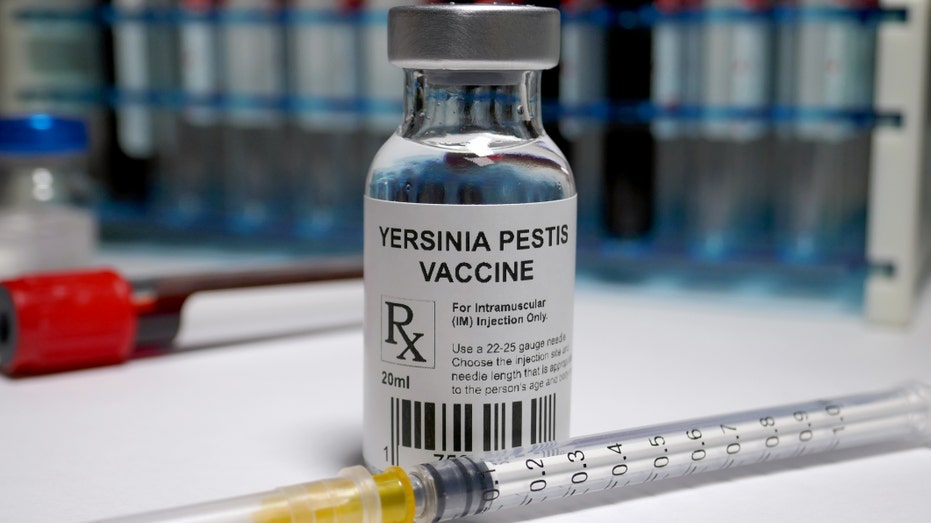17 Preventable Risk Factors Link Stroke, Dementia, and Depression: What You Can Actually Control

Sarah Johnson
April 18, 2025
Brief
A new study identifies 17 common, preventable risk factors linking stroke, dementia, and late-life depression, highlighting how simple lifestyle changes can reduce your risk for these conditions.
Three of the big hitters in aging—stroke, dementia, and late-life depression—apparently go hand-in-hand when it comes to risk factors. The good news? You can actually do something about most of them.
A new study out of Mass General Brigham just mapped out 17 common, preventable risk factors that these conditions share. Researchers poured over a slew of past studies, pinpointing which risks could actually be tamed or even dodged with a little lifestyle fine-tuning.
So what’s lurking on this list? You’ve got the classics: high blood pressure, kidney health, blood sugar, cholesterol, alcohol use, diet, hearing loss, chronic pain, physical activity, sleep, smoking, social engagement, stress, and even having a sense of purpose. Yes, your existential crisis might be bad for your brain, too. The findings were published in the Journal of Neurology, Neurosurgery, and Psychiatry.
Senior author Dr. Sanjula Singh called these results "hopeful," saying there’s real potential for prevention. From hitting your daily step count to keeping your blood pressure in check, even small tweaks could help keep your brain in better shape over time.
Dr. Brian Snelling, who wasn’t involved in the study, noted that factors like chronic pain and purpose in life are often ignored in brain health discussions—maybe it’s time we start paying more attention to the less obvious stuff.
One interesting twist: the study suggests a drop in physical activity might sometimes be a symptom, not a cause, of brain issues—so don’t be too quick to blame yourself for lazing around when your neurons are acting up.
Dr. Marc Siegel agrees that these factors help reduce inflammation, which is at the root of all three conditions. For anyone feeling overwhelmed by seventeen things to fix, the researchers suggest thinking of it as a "menu of options." You don’t need to do it all—just pick a couple to start, and you’re already making progress.
Dr. Singh recommends starting with blood pressure, since it’s so central. But sleep, social ties, and staying active are also biggies. And, as she points out, making a single change can create a domino effect—get more active, sleep better, and lower your stress, all in one go.
Of course, no study is perfect. Singh admits they focused only on risk factors overlapping at least two of the three conditions, which means some unique depression-related risks might have slipped through the cracks. Plus, relying on meta-analyses means smaller but possibly important studies didn’t make the cut. And, as always, correlation isn’t causation—these are associations, not guarantees.
Still, the takeaway is clear: lifestyle matters. Diet, exercise, sleep, social life, and a sense of purpose aren’t just good for your brain—they help stave off a whole buffet of chronic diseases. If you’re not sure where to start, your family doctor can help you zero in on the changes that’ll make the biggest difference for you.
Topics
Editor's Comments
I have to admit, 'purpose in life' showing up as a risk factor alongside stuff like blood pressure and cholesterol cracked me up. Makes you wonder if binge-watching reality TV counts as a wellness plan or a cry for help. All jokes aside, it's refreshing to see researchers finally giving the less obvious (and frankly, more relatable) sides of health some attention. Maybe next time, 'surviving family holidays' will make the list too.
Like this article? Share it with your friends!
If you find this article interesting, feel free to share it with your friends!
Thank you for your support! Sharing is the greatest encouragement for us.



